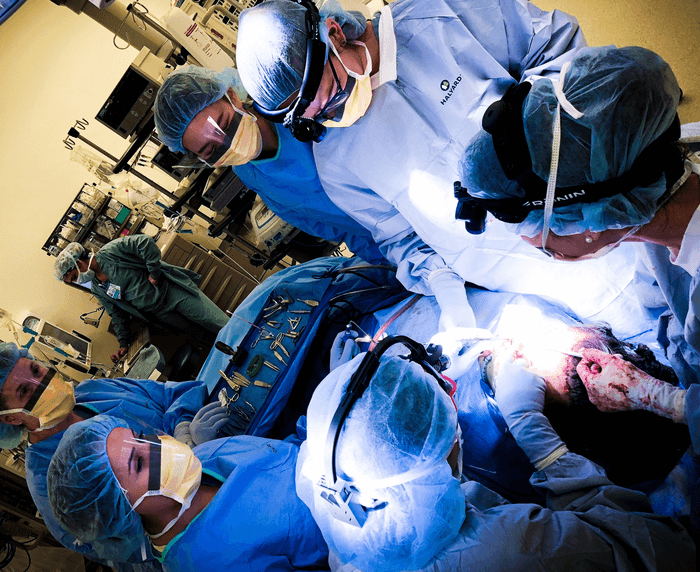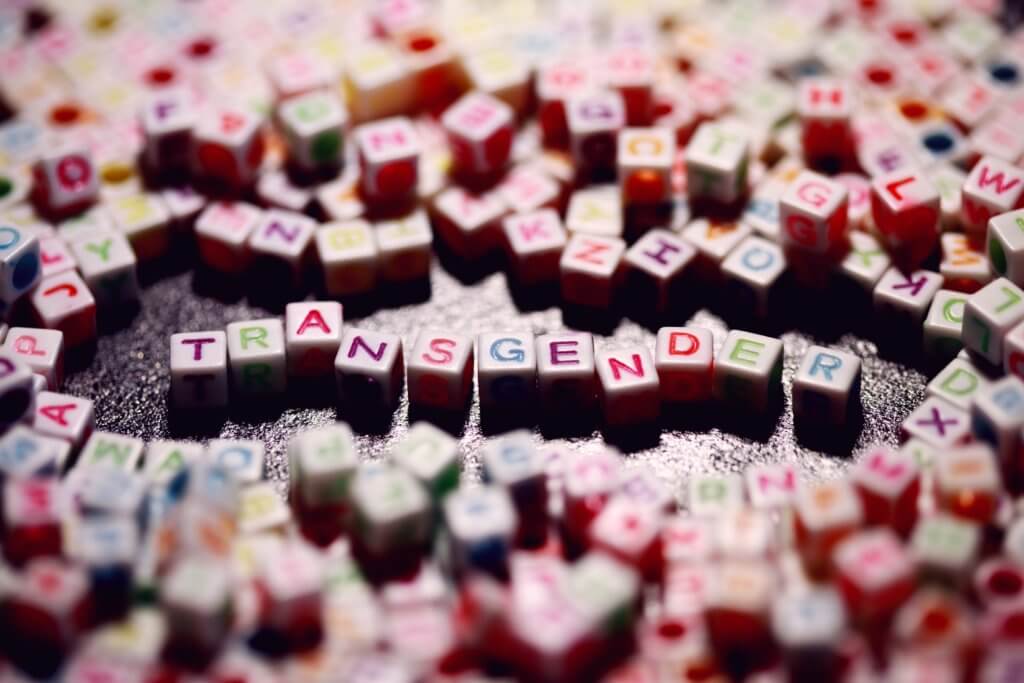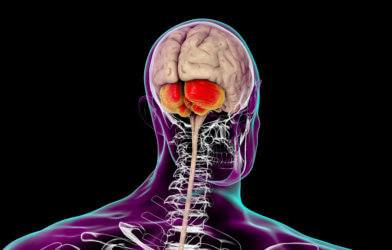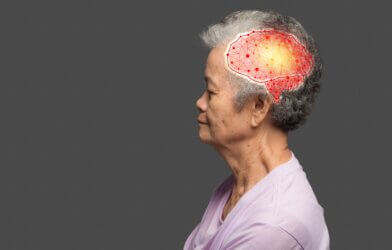Mental health plays a key role in a transgender person’s transitioning process. Knowing which medical procedures to undergo can be a stressful experience, but one recent study sheds light on a specific treatment that yields positive results. Researchers at UCLA reveal that transgender patients who received gender-affirming facial feminization surgery reported better mental health.
Unfortunately, gender-affirming facial surgery is usually classified by insurers as a cosmetic feature. Dr. Justine Lee, study lead author and UCLA’s Bernard G. Saran Professor of Craniofacial Biology, is hoping their new study provides the evidence that this procedure improves patients’ quality of life.
“Access to facial gender-affirming surgeries under health insurance coverage in the U.S. is more limited than gender-affirming surgeries of other anatomic regions due to a lack of data on mental health quality-of-life outcomes,” says Dr. Lee, associate professor of surgery at the David Geffen School of Medicine at UCLA, in a statement. “Our findings have the potential to change health insurance policies for the better for transgender patients.”

Facial feminization surgery modifies the anatomical differences between the person’s birth gender and their current gender identity. Common procedures include reshaping the nose, feminizing the brow bone area, reducing the jaw line and augmenting the cheeks.
In the study, researchers analyzed the mental health assessments for 107 patients awaiting surgery and compared that with those of 62 people who already had the procedure. The transgender people who already had the facial feminization surgery reported higher scores in seven of 11 measures of psychosocial health — anxiety, anger, depression, global mental health, positive affect, social isolation, and meaning and purpose — than those who had not yet had the surgery.
The study reveals gender-affirming surgery helps those dealing with gender dysphoria, the psychological distress that results from the incongruence between one’s sex assigned at birth and one’s gender identity. Facial characteristics have been reported to be one of the highest sources of dysphoria among transgender patients assigned male at birth.
The facial surgery was a standalone predictor of higher psychosocial scores.
Dr. Lee says the majority of patients seeking gender-affirming facial reconstruction are assigned male at birth and identify as female or nonbinary.
“In the future, providers may want to consider incorporating psychosocial assessments over a period of time as a standard of care in the treatment of gender dysphoria,” explains Dr. Lee.
According to the National Institutes of Health, the suicide rate among transgender people ranges from 32% to 50% across the U.S.
Financial support for the study was provided by the Bernard G. Sarnat Endowment for Craniofacial Biology and the Jean Perkins Foundation. The study was published in the journal Annals of Surgery.








-392x250.jpg)



